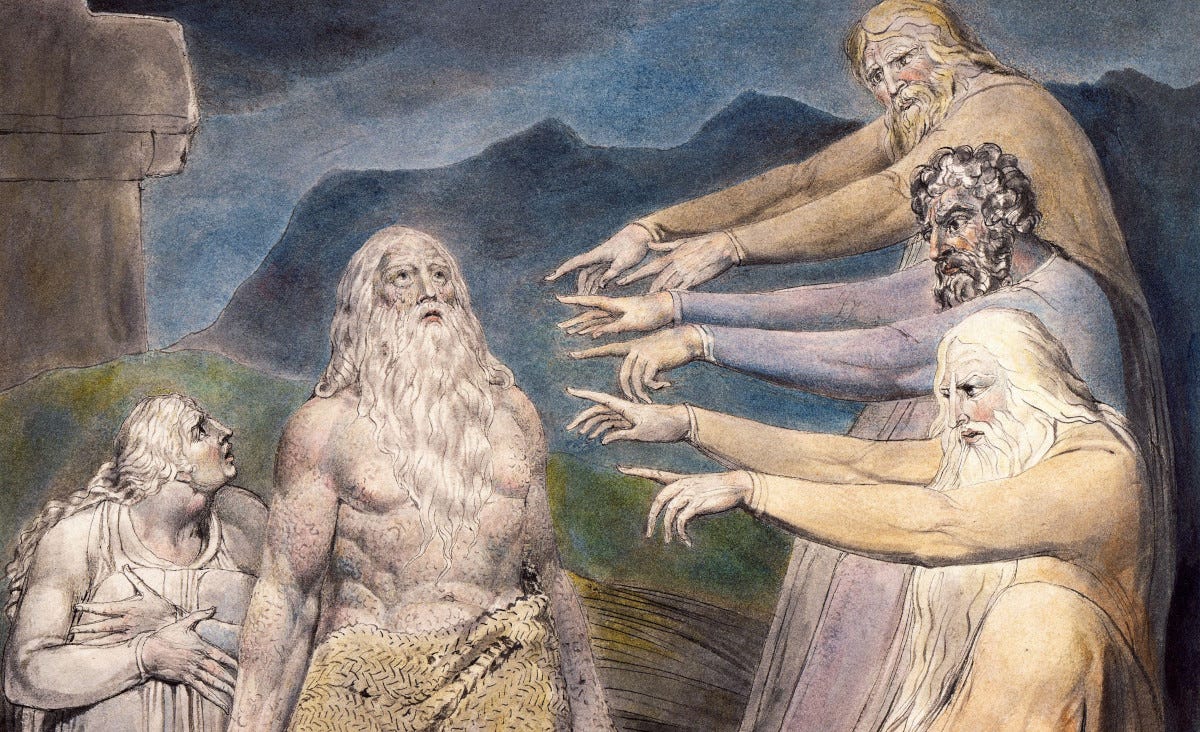Job, the literary masterpiece that tackles the problem of unmerited suffering
Book takes form of poetic drama, and a famous adaptation won a Tony Award

The book of Job in the Old Testament1 is one of the world’s literary masterpieces and the most notable work of the ancient world that attempts to answer in detail the question of why righteous people suffer. Man…


